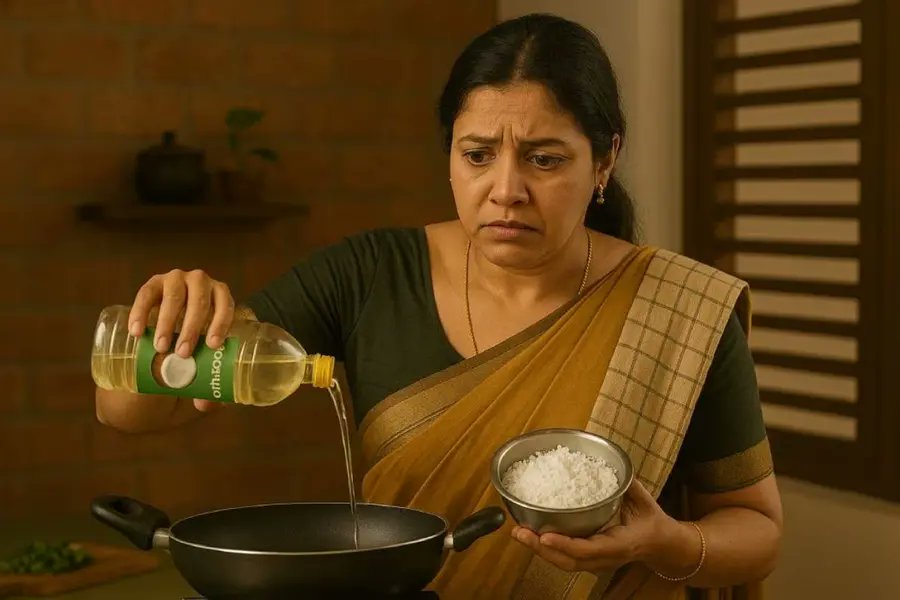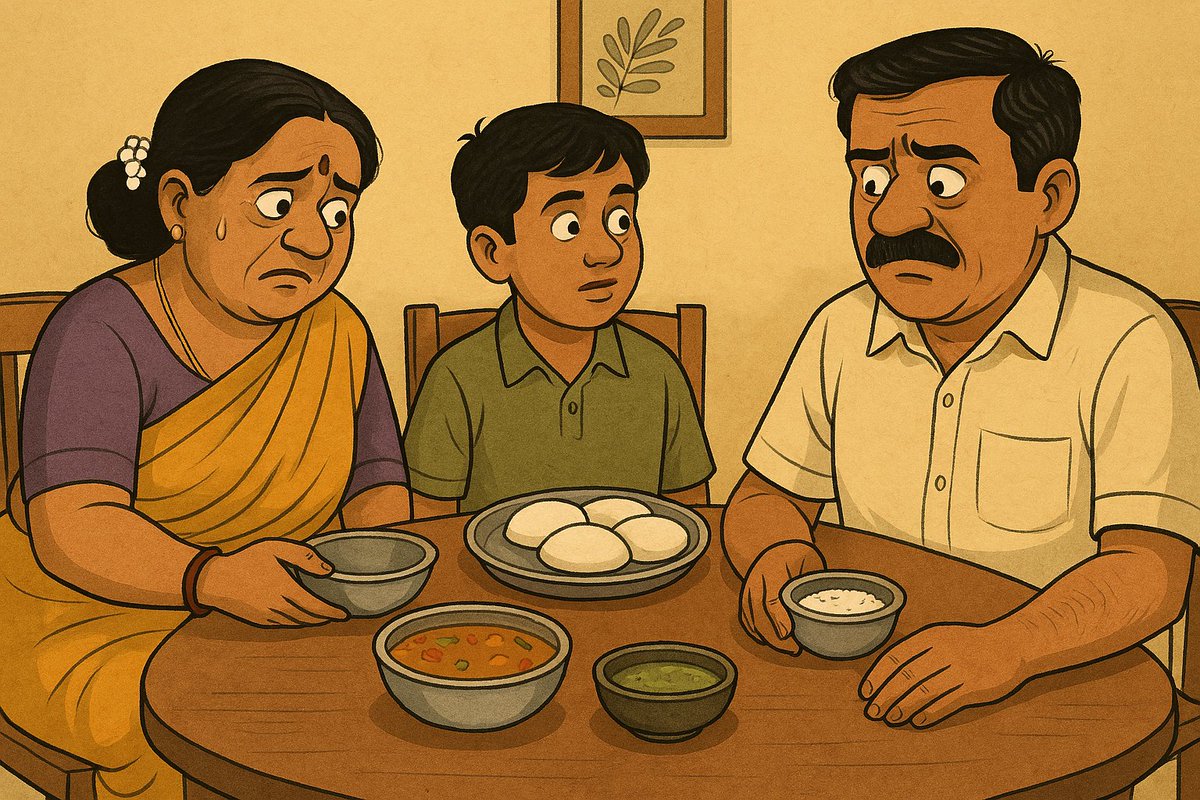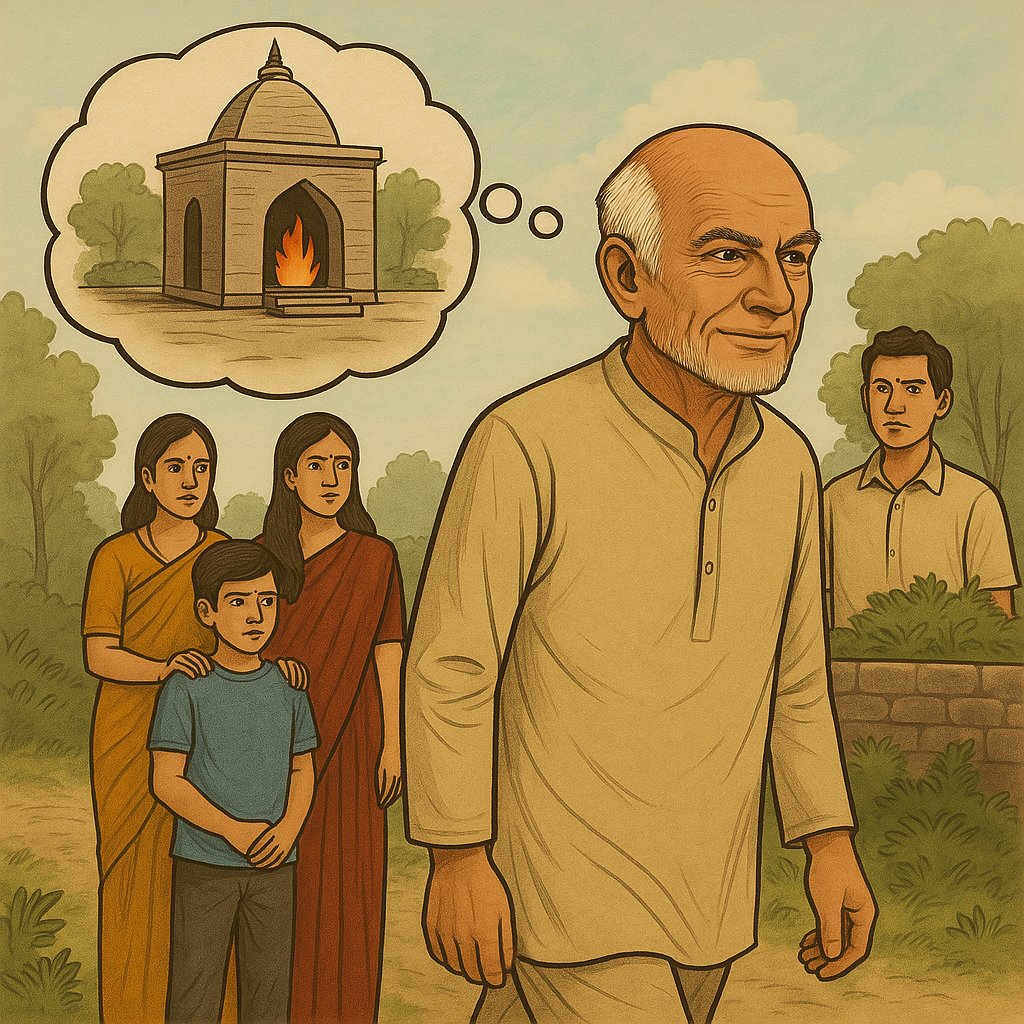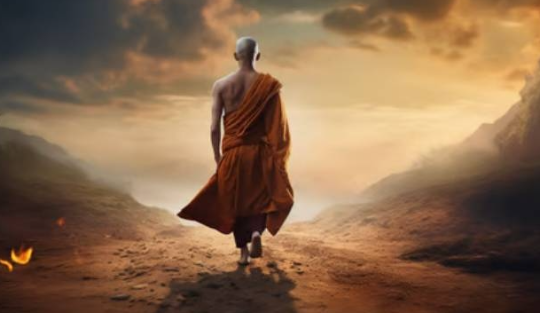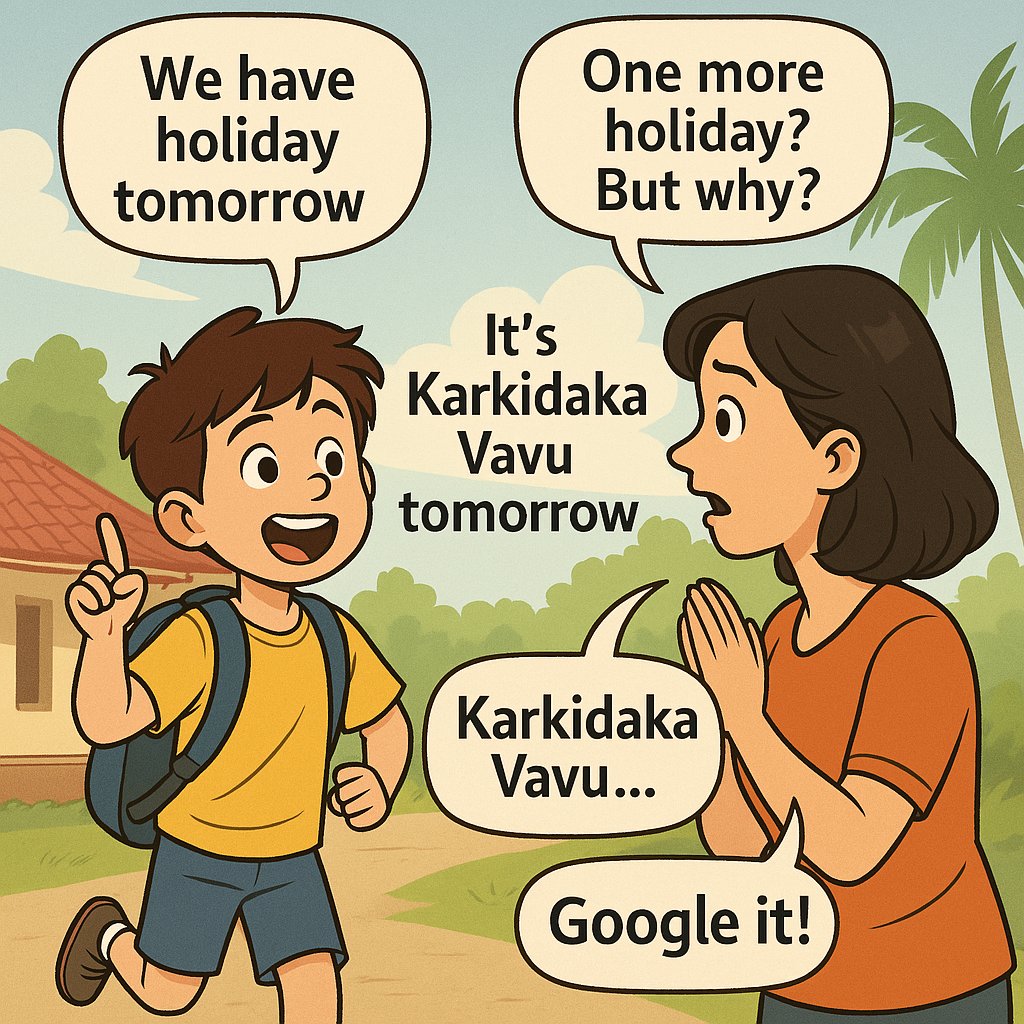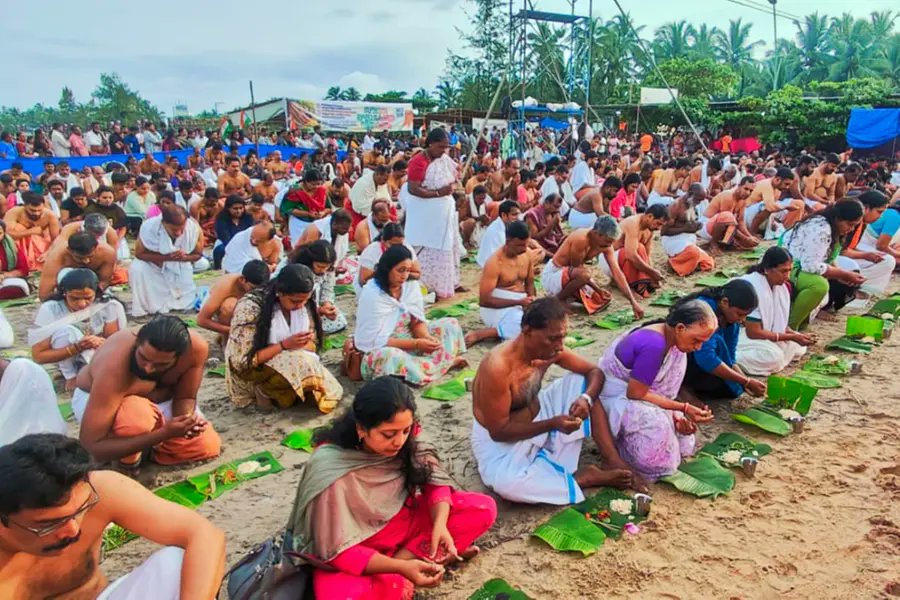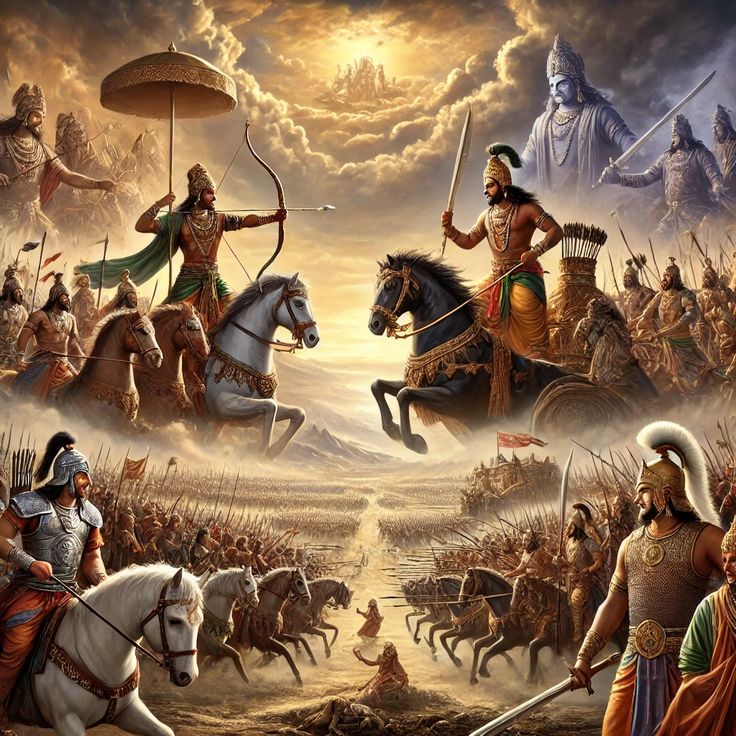🧵 The Mango Tree That Wouldn’t Bloom — A Story of Kartikeya’s Patience
1/ In a quiet forest, Kartikeya once planted a mango seed. 🥭
He whispered to it:
The seed listened. And slept.
1/ In a quiet forest, Kartikeya once planted a mango seed. 🥭
He whispered to it:
The seed listened. And slept.

2/ Days passed. Then weeks. Then years.
The tree grew tall—but never bloomed.
No flowers. No fruit. Just leaves and silence. 🌳
The forest teased:
The tree grew tall—but never bloomed.
No flowers. No fruit. Just leaves and silence. 🌳
The forest teased:
3/ Kartikeya didn’t get angry.
He sat beneath the tree every morning.
He sang to it. Told it stories.
He even shared his victories with it.
He sat beneath the tree every morning.
He sang to it. Told it stories.
He even shared his victories with it.
4/ One day, a little bird asked:
“Why do you wait for a tree that gives you nothing?”
Kartikeya smiled:
“It gives me patience. That’s more than fruit.”
The tree shivered. A single flower appeared. 🌸
“Why do you wait for a tree that gives you nothing?”
Kartikeya smiled:
“It gives me patience. That’s more than fruit.”
The tree shivered. A single flower appeared. 🌸
5/ Soon, the tree bloomed.
Not because of power.
But because of love, stories, and time.
The first mango was golden.
Inside it was a seed shaped like a Vel.
Not because of power.
But because of love, stories, and time.
The first mango was golden.
Inside it was a seed shaped like a Vel.
6/ 💡 What we Can Learn:
Not everything blooms quickly.
Patience is a superpower.
Even gods wait. Even trees listen.
Not everything blooms quickly.
Patience is a superpower.
Even gods wait. Even trees listen.
7/7 Kartikeya didn’t just grow a tree.
He grew a lesson.
That sometimes, the sweetest fruit…
takes the longest time. 🍃
#Kartikeya #KidsStory
He grew a lesson.
That sometimes, the sweetest fruit…
takes the longest time. 🍃
#Kartikeya #KidsStory
• • •
Missing some Tweet in this thread? You can try to
force a refresh


